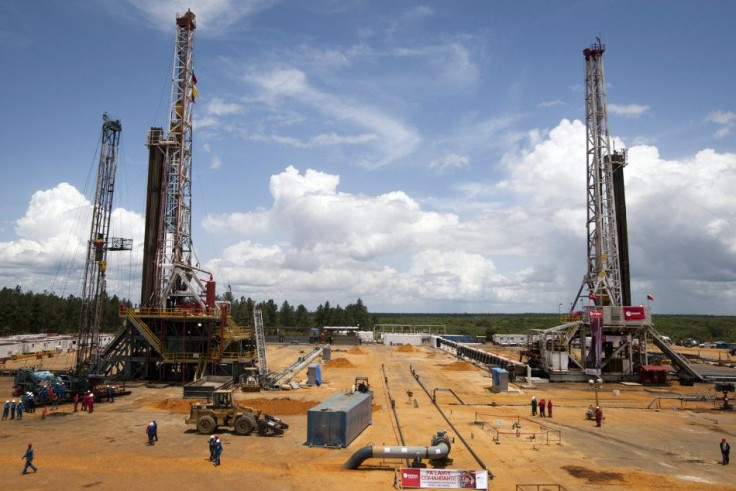OPEC’s Likely December Stance - Sit Back and Let the Money Roll In

OPEC could do the global economy a favor by maintaining its current oil production of more than 30 million barrels per day (bpd) during its December meeting, a developed world oil analysis group said.
The Paris-based International Energy Agency (IEA) made the recommendation in its November report; further, both the IEA and OPEC basically agree on expected 2012 global oil demand.
2012 Global Oil Demand Forecasts
The IEA, which advises 28 industrialized nations, sees global oil demand totaling 89.0 million bpd in 2011, a 700,000-barrel increase from 2010, then rising to 90.3 million bpd in 2012. Meanwhile, OPEC expects 2012 global oil demand to total 87.8 million bpd.
Oil rose 74 cents to $98.53 per barrel on Tuesday at mid-day. Oil is down about 15 percent since hitting a high near $115 in the spring 2011, but is still about 40 percent higher than two years ago, in December 2009, when oil traded at/near $70.
OPEC, which accounts for about 35 percent of the world's oil production, supplied 30.68 million bpd in crude in November, according to IEA research.
The IEA wants OPEC to maintain that production level heading into 2012 due to a fall in global oil inventories. The group cautioned Monday that oil inventories in industrialized nations have fallen substantially below the 5-year average, due to a supply disruption in Libya. Europe has been especially hard-hit by the Libya output reduction: inventories on the continent have dropped to an 11-year low.
At its June meeting, OPEC did not reach agreement on a formal production target, and publicly disagreed on how much oil to produce. During the past six months, Saudi Arabia increased production by about 1.3 million bpd -- a change that helped to contain oil prices, which had moved sharply higher after the substantial reduction in Libya production stemming from its 2011 civil war. The move by the Saudis -- the only OPEC nation with large spare capacity -- demonstrated that the kingdom still has the ability to influence oil prices.
Oil/Energy Analysis: OPEC, which typically is in the catbird seat regarding the world's most vital commodity, is once again. However, that's not to say the group faces an easy decision.
On the one hand, if OPEC cuts production to compensate for slower global oil demand growth in 2012 on a below-trend GDP growth global economy, it runs the risk of fanning the flames of oil prices higher. Oil is already at a very high price -- near $100 per barrel, and a production cut by OPEC could push oil up another leg -- to $110 or $120 per barrel. That would further slow global GDP growth, especially in the high-oil-use U.S. and European regions.
On the other hand, if OPEC increases production and global GDP growth remains below-trend in 2012, the price of oil could drop substantially, to $80 or $70 per barrel. To be sure, the lower oil price would be welcome by high-oil-use nations -- and would also provide a modest tailwind to these economies -- but it would also substantially decrease oil revenue in oil producing nations, something they obviously do not want to see.
The bottom line: OPEC will probably occupy the middle ground at its December meeting -- keep production essentially where it is now, perhaps even without a formal agreement and/or production quota. By doing such, it avoids running the risk of being charged with ruining the global economy by driving oil prices higher with a production cut. Further, if prices fall substantially in the quarter ahead on sub-par global GDP growth, it can always cut production at its next meeting.
In other words, when you're already the recipient of $100 per barrel oil with a global economy not at its GDP growth potential, you don't have to do much: you're already in a pretty good place, from a revenue standpoint. I.E., OPEC can sit back and let the money roll in.
- -
© Copyright IBTimes 2024. All rights reserved.











